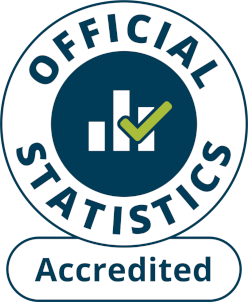Company Insolvency Statistics, July to September 2020
Statistics on new company insolvencies in England and Wales, and related statistics for Scotland and Northern Ireland
Documents
Details
This statistics release contains the latest data on company insolvency (companies which are unable to pay debts and enter liquidation, or enter administration or other company rescue process) .
Statistics are presented separately for England and Wales, Scotland, and Northern Ireland because of differences in legislation and policy.
Main messages
Company Insolvencies in Q3 2020
Overall numbers of company insolvencies in England and Wales fell in comparison to both the previous quarter and same period last year.
The fall in comparison to Q2 2020 was driven by falls in CVLs; other types of company insolvency increased in Q3 2020 compared with the previous quarter but were still much lower than the same period last year
The reduction in company insolvencies compared to the same quarter last year was likely to be partly driven by Government measures put in place in response to the coronavirus (COVID 19).
